Last year it couldn’t be, the actors’ strike prevented Challengers from opening the Venice Film Festival, but this year, Luca Guadagnino, in his fifth participation —The Protagonists (1999), A Bigger Splash (2015), Suspiria (2018) and Bones and All (2022)— more than made up for his absence, premiering Queer. Justin Kuritzkes‘ screenplay adapts the work of the same title by William Burroughs, sequel to Junkie (1953), which despite having been written in the 1950s was not published until the 1980s.
Love, sex, drugs and alcohol flood it, and the director of Call Me By Your Name places himself at the stylistic antipodes of David Cronenberg, to offer a story of polyaddiction, but also a deep romance, which acts as a natural painkiller, as the writer himself once defined it. Guadagnino directs an adaptation that fuses the narcotic power of erotic obsession and dependence, where the music, both the original soundtrack by Trent Reznor and Atticus Ross and the various themes that are inserted, bring a lyricism and also an eroticism, which especially dimensions the film. For example, the overture with Sinéad O’Connor singing a cappella “All Apologies” by Nirvana or the sensual slow motion scene to the rhythm of “Come As You Are”. Let’s remember that the counterculture hero participated in a videoclip of the group –Nirvana: Heart Shaped Box (Anton Corbijn, 1993)-, which is also joined in the film by pieces by Prince or New Order (“Leave Me Alone”).
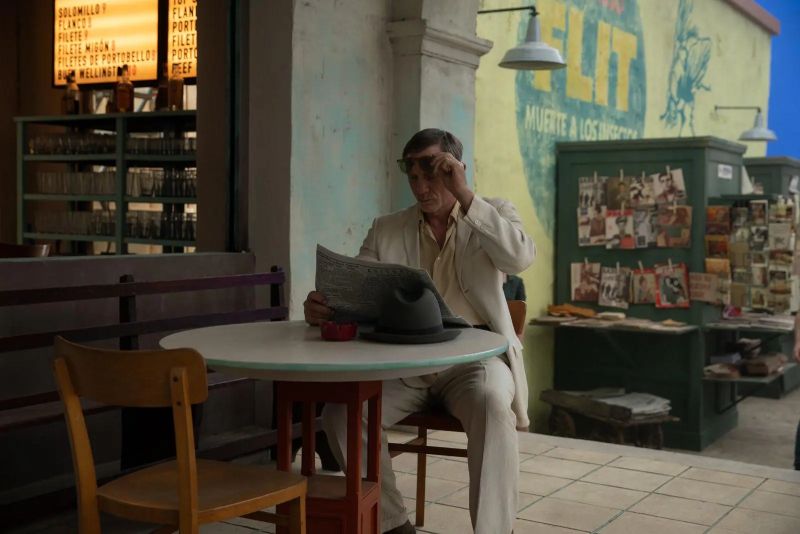 In the first part of the film, we find Bill Lee (Daniel Craig), in Mexico, with his tropical white suit (styled by Jonathan Anderson for Loewe), hat and inseparable pistol, sitting in one bar after another, surrounded by other expats, who parasitize the low cost oasis where they can drink and live their homosexuality with a certain freedom. A colonial air permeates the scene, between the tedium, the heat and all the characteristic post-war types, misfits or intellectuals, who cross borders to breathe, among them a prosthetically fattened Jason Schwartzman.
In the first part of the film, we find Bill Lee (Daniel Craig), in Mexico, with his tropical white suit (styled by Jonathan Anderson for Loewe), hat and inseparable pistol, sitting in one bar after another, surrounded by other expats, who parasitize the low cost oasis where they can drink and live their homosexuality with a certain freedom. A colonial air permeates the scene, between the tedium, the heat and all the characteristic post-war types, misfits or intellectuals, who cross borders to breathe, among them a prosthetically fattened Jason Schwartzman.
The space in which the Burroughs impersonator moves, composed of bars, bedrooms and streets, has the quality of a doll’s house, a safe habitat, through which Lee moves as if on a board game. Smiling, handsome, pleasant, he nevertheless conveys an understated, polite melancholy, until an encounter with Eugene (Drew Starkey) upends his world. From that moment on, we also learn that Lee does not live his sexuality in a totally accepted way. Like Kenneth Tommey, the protagonist of Anthony Burgess’ Earthly Powers, this elegant and cultivated man secretly bears the burden of social rejection, which forces him to leave his country to live freely.
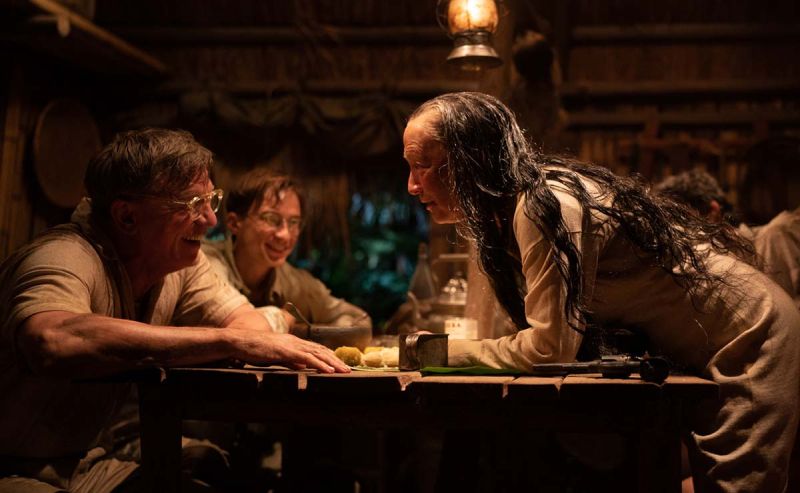
Love bursts into his life and with it the doubt about the possibility of entering into a relationship with young Gene, whose preferences are not clear. Guadagnino is a great romantic and proves it by confronting the cliché of the pope of polydrug addiction, showing his vulnerability, thanks to an extraordinary performance by Daniel Craig, fascinating, sensual and lucid protagonist of Queer. The chameleonic and risky quality of the actor who played Georges Dyer, Francis Bacon‘s lover, in Love Is the Devil, (John Maybury, 1998) unfolds in Guadagnino’s film with incredible power, exploding the stereotype. An actor who is not afraid to show his vulnerability is able to convey an undeniable truth to his characters, while a brave and honest director is not afraid to cross boundaries to express his own voice, without shrinking from any totem. The respect, deep understanding and creative freedom he shows in his film is a sign of this.
Desire and passion are transmuted through poetry, with references to Orpheus (Jean Cocteau, 1950), the immersion in another world through the mirror as if it were water to fully live the impossible are a paraphrase of the search that will encompass the second part of the film.
In an open, hostile and enigmatic landscape, among snakes and jungle, Gene agrees to accompany Lee in his search for “yage” or “ayahuasca”, the drug with which he hopes to achieve telepathic powers. Moreover, total communion with the other (a theme that is no stranger to the director of Bones and All). In the jungle they will meet a woman who will help them in their research, as the introducer of the ritual through which pass through the mirror of their own consciousness. Lesley Manville, unrecognizable, embodies her admirably as a medium who will open a display of psychedelic images in their minds, as a portal of discovery and also of pain, in which they will be separated from their brains and hearts in order to merge.
This dangerous stylistic twist, as are all attempts to visually convey hallucinations and altered emotions, is uneven in Queer, but it does not detract from the sad beauty of its purpose, nor from a film that has given Daniel Craig the best role of his career and, possibly, will lead him to well-deserved Best Actor nominations.

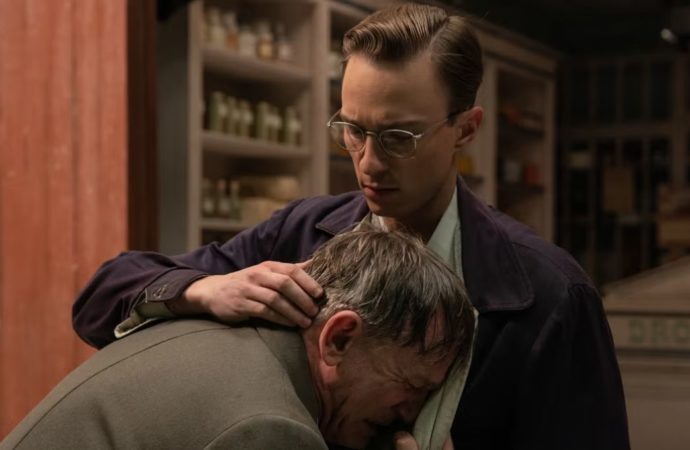


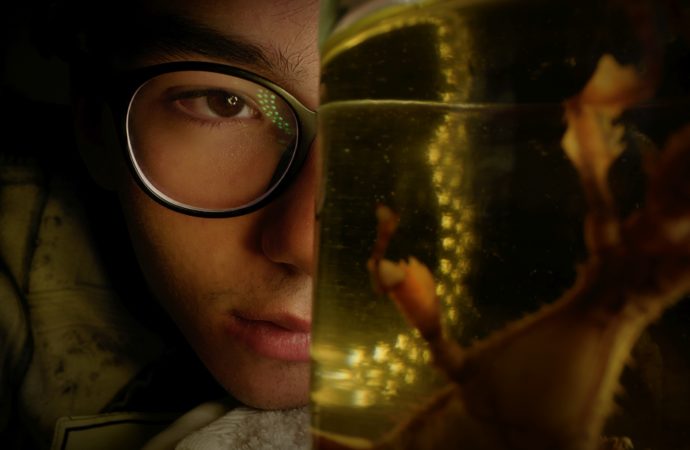
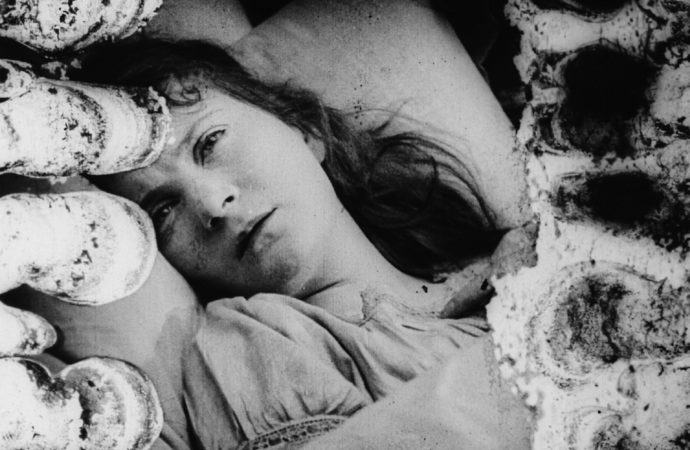
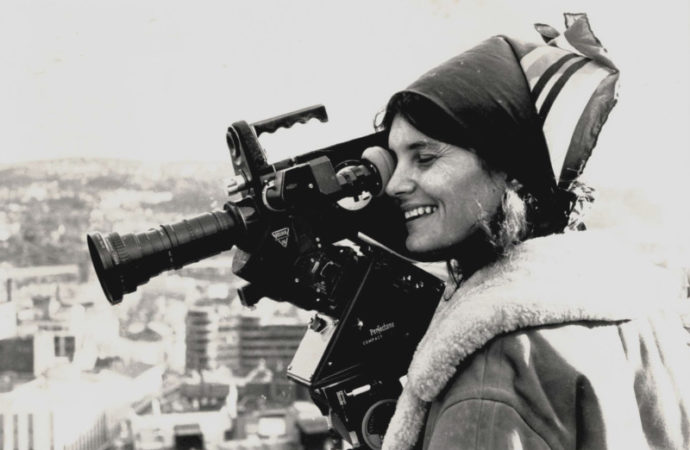
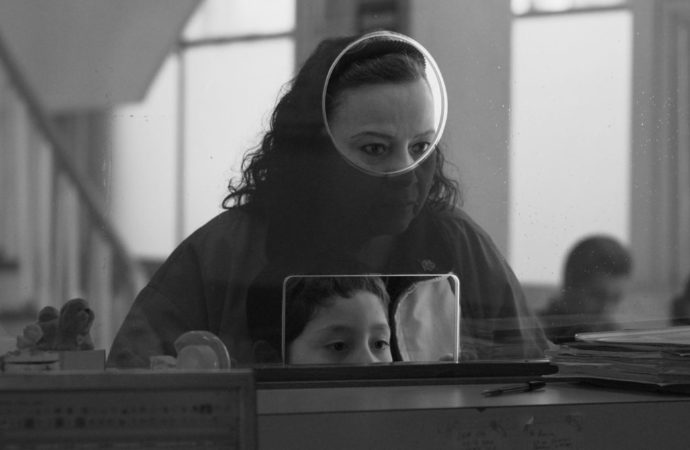
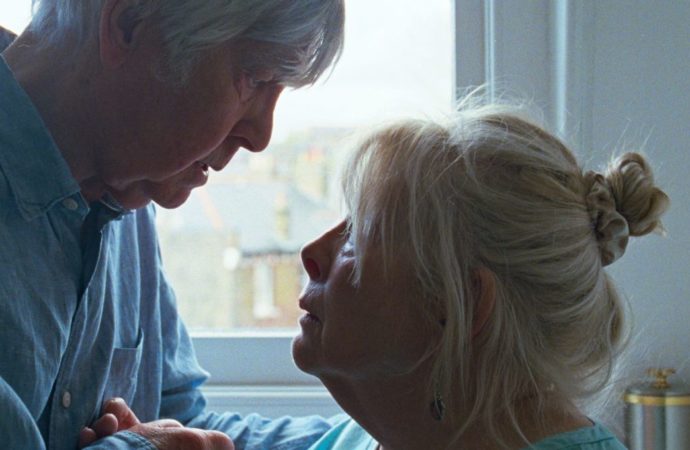
No one has posted any comments yet. Be the first person!